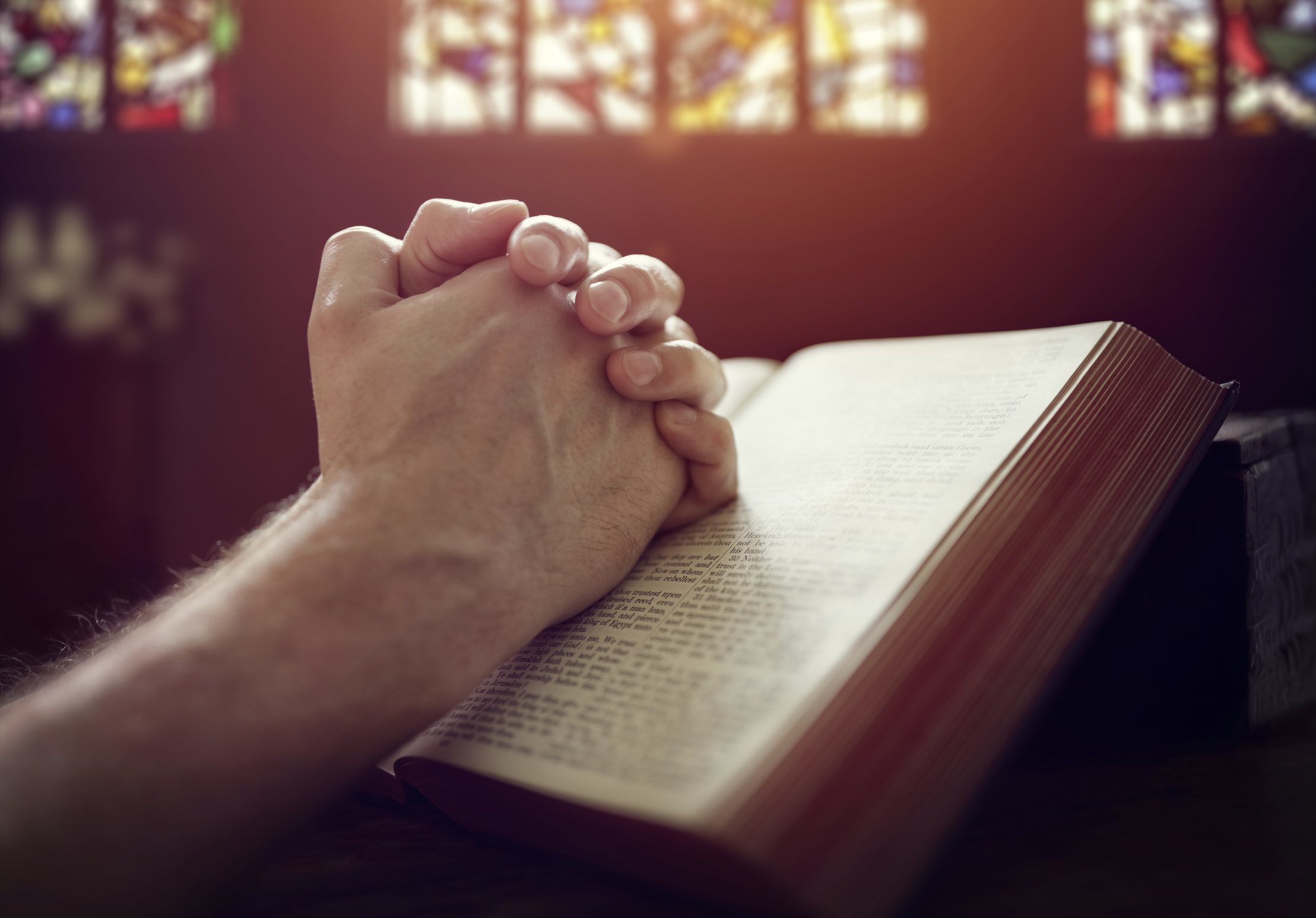Most Scots think children should be able to opt out of religious observance at school, according to a new poll.
Research by YouGov revealed that 38% of adults believe there should be no worship in the education system while a further 17% want children to be able to reject taking part in any observance, even without parental consent.
The Scottish Government is considering revising its guidance to head teachers, which states that opportunities for religious observance must take place at least six times a year in non-denominational schools.
Gordon MacRae, chief executive of the Humanist Society Scotland, which has taken the court action over the issue, said: “This survey confirms what we have known for some time, that a majority of people in Scotland support a change in this arcane law.”
Currently, children can withdraw from such services but only with a parent’s approval, following the secularists’ legal challenge.
The findings, for The Times newspaper, show that just 11% believe religious observance should be compulsory in all schools with no ability to opt out, with a further 24% backing the system that allows children to be withdrawn at the request of guardians.
A spokeswoman for the Scottish Catholic Education Service said the results showed a strong majority think religious observance is crucial to Scottish schools.
She added: “Religious observance is when people of all faiths and none can come together, in a Catholic school through prayer and liturgy, in a non-denominational school by means of a time of reflection, as a community in an inclusive, positive atmosphere.
“As the poll suggests, this is something valued in Scotland.”
The Rev Dr Richard Frazer, convener of the Church of Scotland’s Church and Society Council, welcomed the debate.
He said: “When time for reflection is done well, it gives children a vitally important understanding of today’s multicultural society.”
